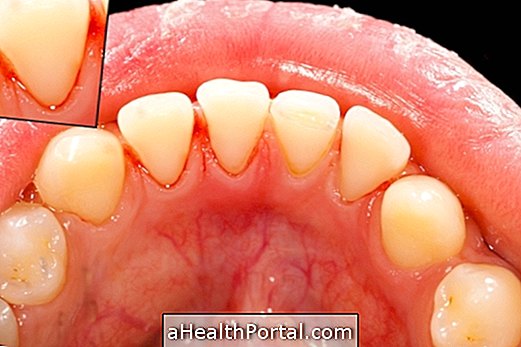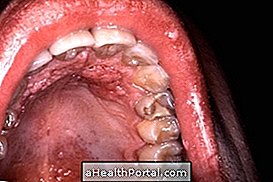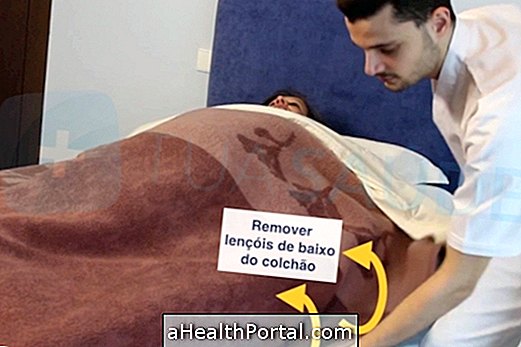The symptoms of lactose intolerance are especially swollen belly, belching, pain and intestinal gas, with a strong and foul smell after eating milk or foods made with milk.
This happens because the individual can not digest lactose, which passes into the large intestine, causing these and other symptoms such as:
- Swollen belly,
- Gases,
- Cramps,
- Diarrhea or loose stools.
Symptoms of lactose intolerance may not be manifested when milk products such as yogurt, cheese or ricotta are ingested, because lactose in these foods is present in lesser quantities, but it is possible to find milk and other industrialized dairy products in supermarkets and specialty stores without lactose.
The symptoms of lactose intolerance in the elderly are more common because, over time, the enzyme that digests lactose naturally decreases, but it is also possible to see symptoms of lactose intolerance in a baby that are very similar to adults, with colic, diarrhea and abdominal bloating.
It is also common for lactose intolerance symptoms to appear in adults because a large part of the population, especially blacks, Asians, and South Americans, has a deficiency of lactase - the enzyme that digests lactose.
The symptoms of lactose intolerance are the same as lactose intolerance, because lactose is the sugar present in milk that the body can not digest, but there is another problem that is allergy to milk and, in this case, it is a reaction to lactose intolerance. milk protein and treatment is also the exclusion of the diet from foods containing cow's milk.
How to treat lactose intolerance
To treat lactose intolerance it is recommended to exclude the consumption of whole cow's milk and all foods that are prepared with cow's milk such as pudding, yogurt and white sauces.
Watch the video to learn how to feed in case of lactose intolerance:

A good solution for who has lactose intolerance but has not yet been diagnosed is to stop drinking milk for 3 months and then back to drinking. If the symptoms return, it is likely to be intolerant, but the doctor may recommend tests to prove intolerance. Learn more on testing for lactose intolerance.




















